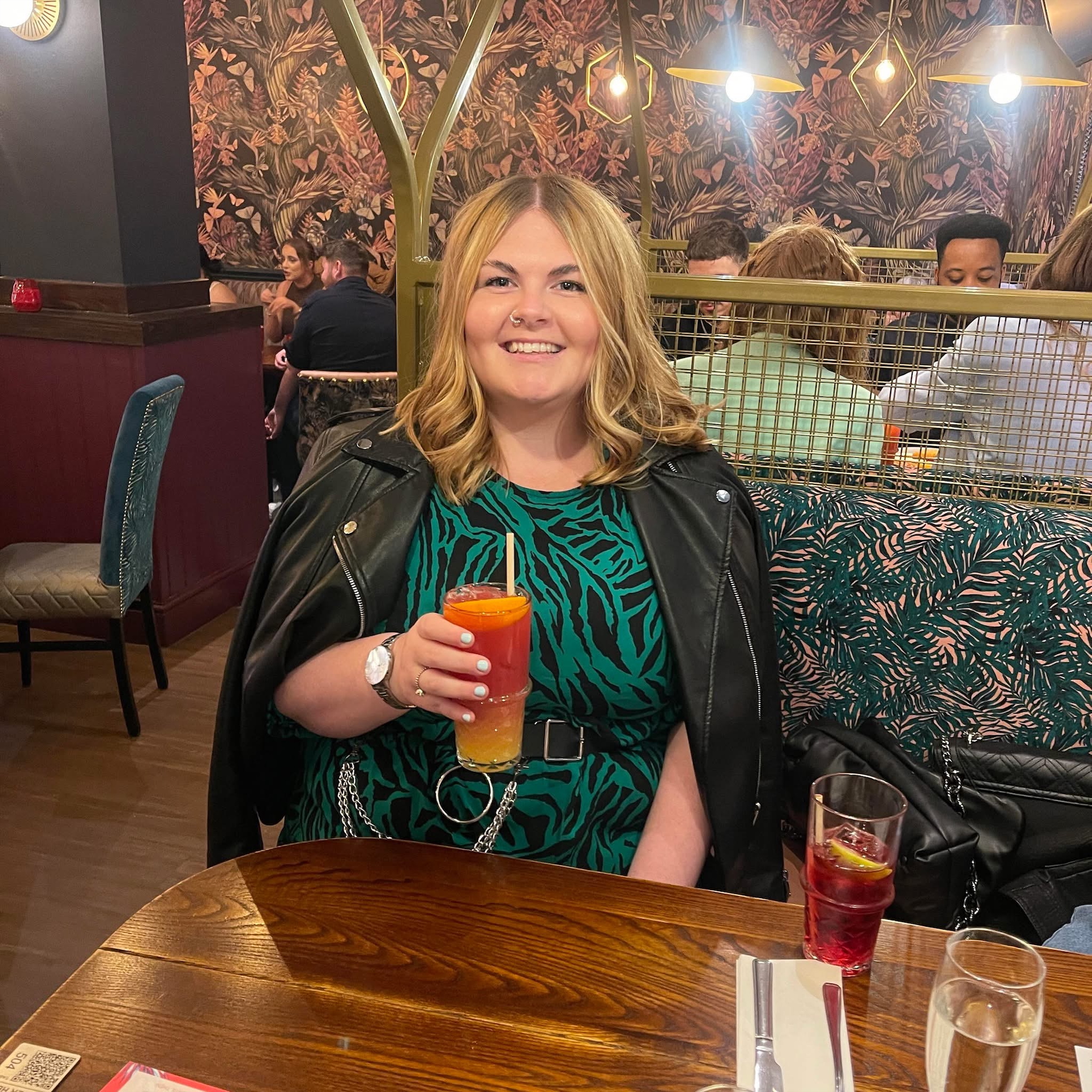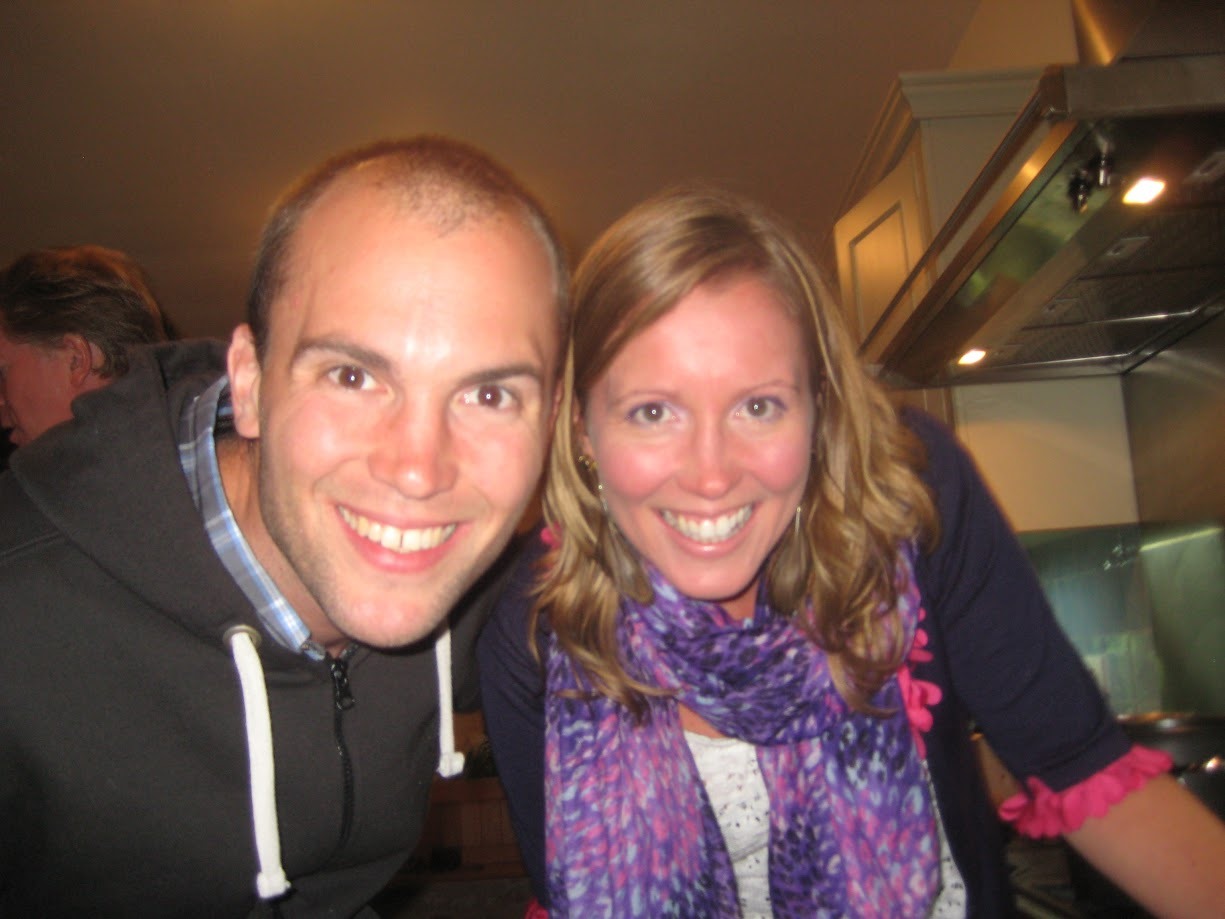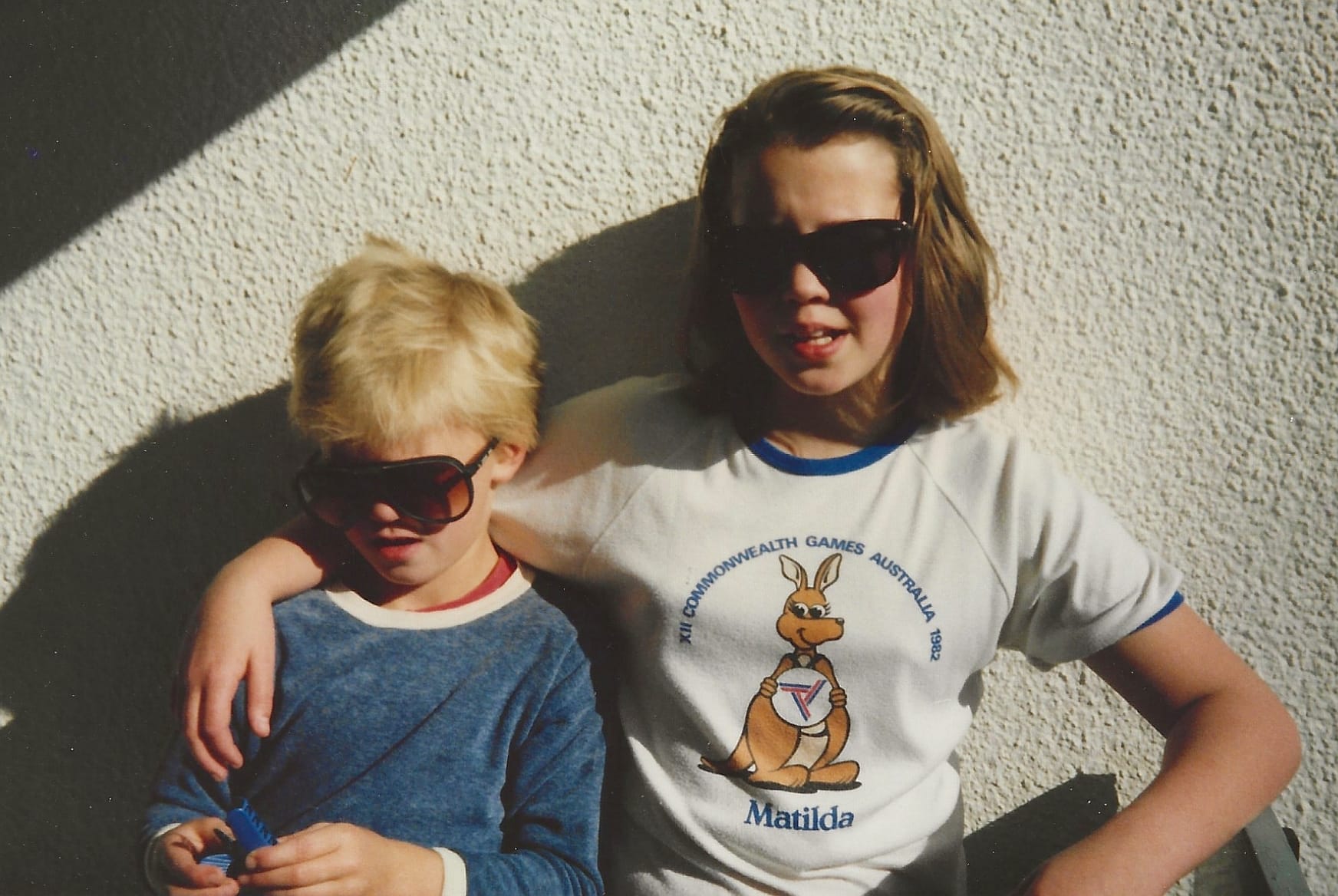When you or a loved one are diagnosed with a brain tumour it can turn life completely upside down. Coming to terms with the disease can be an overwhelming prospect. Many people struggle to make sense of what they’re feeling. Not surprisingly, this can have a significant impact on somebody’s mental health.
Our Improving Brain Tumour Care surveys found that 41% of respondents had an unmet emotional need following a diagnosis.
Additionally, 91% of people who took part in our Losing Myself report said that a brain tumour diagnosis had affected their emotional or mental health.
Despite this, only 45% of people who responded said they had access to counselling.
To help people navigate a brain tumour diagnosis and cope better with the impact, we launched our free professional counselling service for people affected by a brain tumour back in 2022.
Three years later, the service has grown and we’re in a position to support more people than ever before with their mental health.

Refer yourself for our free counselling service
If your mental health has been affected by a brain tumour diagnosis, you can self refer for our free counselling service today.
Celebrating the impact of our free counselling service
Since launching our free counselling service pilot in July 2022, it’s grown significantly. We’ve now provided counselling to more than 1,400 people and delivered nearly 9,000 counselling sessions.
The pilot phase and year one
During the pilot – which ran from July 2022 until January 2023 – we supported 164 people. The results were even better than we hoped. 100% of the people who used the service said their experience was either “Good” (15%) or “Very good” (85%).
When asked if the counselling had made a difference to their emotional well-being and ability to cope, 75% of people answered either “Yes, completely” (19%) or “Quite a lot” (56%). People using the service also reported an average improvement of 32% in CORE-10 scores, which is a clinical tool used by healthcare professionals to measure mental well-being.
Once the pilot phase was completed, we were able to support more than 100 additional people in 2022/23. This meant we supported a total of more than 260 for the year.
Year two
In the second year of providing our free counselling service, we were able to grow the number of people who used the service by more than 50% to 425 people. Once again, 100% of people said their experience was either “Good” or “Very good”.
When asked if the counselling had made a difference to their emotional well-being and ability to cope, 81% of people answered either “Yes, completely” or “Quite a lot”. People using the service also reported an average improvement of 34% in CORE-10 scores.
Year three
In 2024/25, we were once again able to significantly grow the counselling service once again and provided free counselling for 739 people – a 74% increase on the previous year. 99% of people rated their overall experience of the counselling service as good or very good.
When asked if the counselling had made a difference to their emotional well-being and ability to cope, 75% of people answered either “Yes, completely” or “Quite a lot”. People using the service also reported an average improvement of 33% in CORE-10 scores.
Deanna’s story

Deanna is a 29-year-old mental health nurse from Derbyshire. She applied to our counselling service to help her come to terms with her shock meningioma diagnosis in July 2024.
“I was so shell-shocked, I didn’t even ask any questions. A brain tumour is not something you expect to have. I didn’t know how to process it at all. I just went home assuming the worst.”
Just two weeks after the scan that revealed the tumour, Deanna had a successful surgery and found out that her tumour was a meningioma – but recovery was difficult. Deanna struggled to walk and couldn’t do much for herself for a time. She also had bad side-effects from the steroids she was on and found the sudden contrast to her previous, highly active life very hard to cope with.
It was during her recovery that Deanna applied for our counselling service. She opted to have her sessions via video call.
“Video was a good choice for me. It was nice to see the person I was talking to. Although I had support around me, I felt very much alone when I tried to process my diagnosis. I had never heard of anyone else with a brain tumour, let alone anyone my age.
The impact of our free counselling service on Deanna
“In the counselling sessions, I was allowed to talk quite openly about what worried me the most – my fear of dying. I never felt pressured – even if sometimes, I would just sit and cry. I felt listened to, and understood.
“It also helped that the service is geared to people with brain tumours. You wouldn’t expect a more general counselling service to neccessarily understand the impact of the disease.”
Deanna is now back at work full-time and has been able to return to all her usual activities. She credits the counselling with helping her reflect and understand what’s happened to her.
“The counselling really helped me process what had happened. I’d certainly recommend the service to anyone affected by a brain tumour diagnosis.”

Lucy’s story
Lucy, from Surrey, applied for our free counselling service after the sudden death of her brother Paul from a glioblastoma in September 2024.
Medics diagnosed Paul, 43, just three weeks before he died. His family and friends had no idea he was so ill or for how long he had had the tumour.
“Paul’s death hit us all very hard. For me, a lot of feelings were hard to suppress. I was finding it increasingly hard to cope.
“I had constant spiralling thoughts; How did I not see this coming? How did I get it so wrong (I thought he was depressed)? Why didn’t I force him to A&E?
“My counsellor, Amy, was like a breath of fresh air. She was so calm, listened so well and interjected with such supportive words. After two sessions I already started to feel a slight weight begin to lift.
How our free counselling service helped Lucy
“The most useful thing has been just having a dedicated person to talk to. I can say whatever I want and she’ll listen with no judgement , then help me build myself back up again. I’ve been busy working, so it was amazingly helpful having this little calm window, where I could finally stop and just talk through my thoughts and feelings, and also get some practical advice on how to make myself feel better.
“It felt very comforting to be listened to by someone who understood brain tumours. This was a horrific, new world that we’d been thrust into and it was a relief not having to explain the detail around it because my counsellor was knowledgeable about the subject.

“Before counselling, I could only remember Paul’s last three weeks when he was dying. Counselling enabled me to start remembering Paul as I want to remember him. Slowly but surely, his loud laugh and the fun we had together throughout our childhood is coming back to me. Which makes me very happy indeed.
“My brother wouldn’t want me to be stricken down with grief, unable to move on. He would want me to live my life as best I can and help other people, like he did. And this is what counselling can help provide.”
Thank you to everybody who makes this service possible
Providing a service like this simply wouldn’t be possible without the support of lots of different people – from the counsellors and volunteers to everybody who raises funds or donates money to The Charity.
So, we want to take this opportunity to thank everybody who’s helped make our free counselling service such a success over the last three years.
“The decision to launch our free counselling service came as a direct response to feedback from the community that they weren’t receiving the support they needed with their mental health.
“After the success of the pilot project, we knew that we’d need to grow our capacity to deliver the service each year to meet an increased demand – which I’m delighted that we’ve succeeded in doing.
“I’m extremely proud of the service and the fact that we’ve not just significantly increased the number of people we’ve provided free counselling to each year, but we’ve managed to do so without sacrificing the quality of the service we’re delivering.
“This is only thanks to the work of our brilliant team, and we’re so grateful to everyone involved in creating and evolving our much-needed service.”
Jen Boilestad, Counselling Service Manager